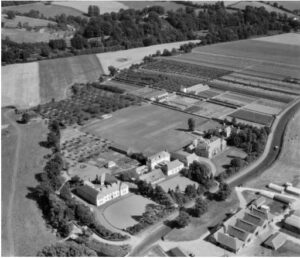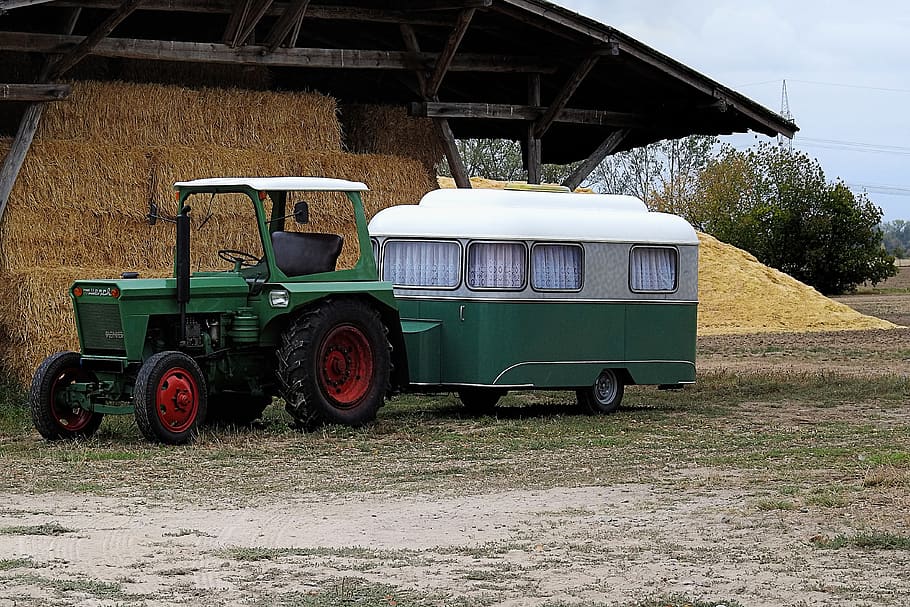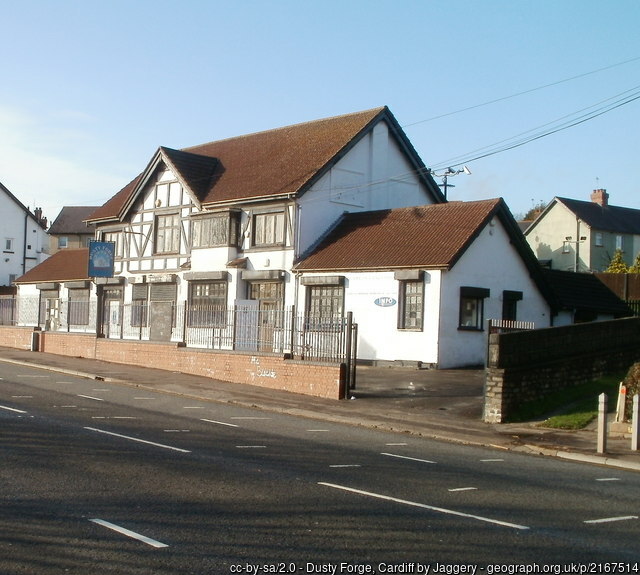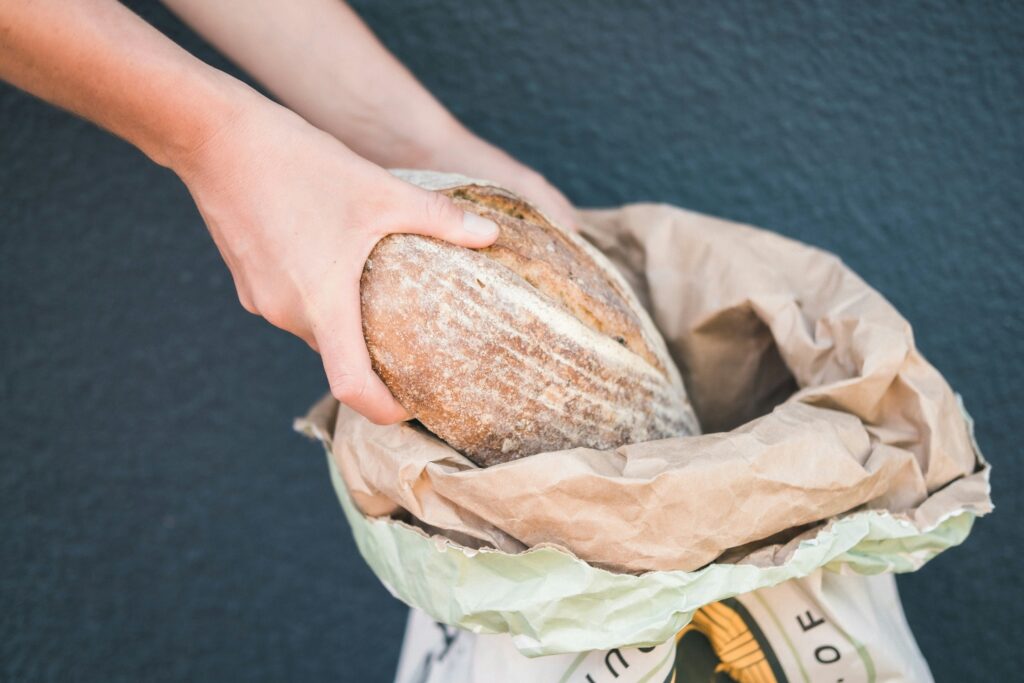Duncan Fisher, Sue Holbrook and Dianne Spencer outline what farmers need from the Government to so they can grow fruit and vegetables for the communities of Wales
Our Food 1200 is seeking 1200 acres of farmland, in 3-10 acre plots across Bannau Brycheiniog, Powys and Monmouthshire.
Our aim is to kickstart small-scale commercial fruit and veg farming serving local markets. But we’ve discovered there’s nothing like trying to change a system to learn why no-one else has managed to change it! Bluntly, Government policy is blocking farmers from rebuilding our rich local food heritage. In our first article, we explained how the subsidy system undermines the local food economy.
Farmers need a real home on the land they are working
In this article, we call for action on two fronts. First, we make the case that Government must let small-scale fruit and vegetable farmers live in a real home on the land they’re working, and stop expecting them to live and raise children in caravans. Second, we call on Councils to repurpose County farms into thriving small-farm enterprise hubs, producing high-quality food for local people, creating jobs, enhancing local wellbeing, and potentially generating more income for them than the current single tenancy system.
Farmers need a home
It’s amazing that it even needs stating that farmers need a real home on the land they are working. Farmers have needed permanent dwellings since settled agriculture started 12,000 years ago. But alas, today, planning regulations require small-scale fruit and vegetable farmers to live in temporary accommodation, such as a caravan. And, furthermore, if they have children, to raise their families in this way. The current planning regulations are not just irrational, they are cruel.
A two-acre farm growing fruit and vegetables for local markets and earning £37,500 net income is almost impossible to manage without living on-site. The operation is highly complex, intensive and requires 24-hour attention. Without a simple, affordable, but real home, the task is too great.
Two things prevent small-scale fruit and vegetable farmers having a permanent home: land prices and planning regulations. The former is a big problem we are trying to tackle in our region. The latter is in direct control of Government.
Land prices
Land in Bannau Brycheiniog and Monmouthshire is astronomically expensive, driven by demand from wealthy urban dwellers seeking a secure investment and a rural idyll with picture-postcard views from all the bedrooms. A 50-acre farm and farmhouse will go for £2m plus, and for sure, it won’t be bought by a farmer. Earlier this year, Our Food 1200 tried teaming up with four families keen to start small-scale farming enterprises. Our plan was to buy a 94-acre property together and redevelop it into six regenerative food growing businesses with suitable dwellings. But we could only see a way to raising £2.5m in local capital, £1m short of the projected cost. Instead of six farms, there will now be none.
Deeply embedded in today’s planning policy is the idea that we must “protect” our prime agricultural land from housing and concentrate any new development in existing settlements.
Every week, more farms are being broken up and sold out of farming as country residences, depriving rural communities permanently of the homes that would be needed if the land were ever to be farmed productively again. Fruit and vegetable growing for the community has been largely wiped out, and now the rest of farming is going the same way, with dire consequences as global food chains wobble and break.
We are working with the Ecological Land Cooperative to get round this problem. The price of land with housing, or even just the sniff of a possibility of planning permission if close to a town, is way beyond the returns that can be expected from farming. But without housing, even at the high price of £7,000-£10,000/acre, it is economically viable to buy it into farming. So we are seeking to buy suitable land without buildings into community ownership, to be developed over time into small plots of 3-10 acres, each with a simple, low-impact home and basic infrastructure. These can be leased long term to farming families. Buying the land into community ownership prevents it from ever being sold out of farming, so guaranteeing its use for growing food in perpetuity.
But in pursuing this model, we will collide again with Government planning policy, which is currently positioned to stop us in our tracks.
Planning
We will have to get planning permission for the homes and justify them under current policy interpretation, which is geared towards demonstrating a need for looking after livestock – a need that’s entirely different to the requirements of small-scale fruit and vegetable farming. Small-scale farmers report enormous challenges, even for installing something as small as a zero-impact composting toilet. The effort and cost to a small enterprise is absurdly high. We will be forced to part with thousands of pounds for fees and advice. And we are likely to fail. Small-scale farmers who have been through the planning system refer to the experience as a living nightmare.
Innovative. Informed. Independent.
Your support can help us make Wales better.
Deeply embedded in today’s planning policy is the idea that we must “protect” our prime agricultural land from housing and concentrate any new development in existing settlements. The origin of these regulations is not at all unreasonable, but perversely this now combines with the loss of farming homes to non-farming uses to accelerate the exclusion of farmers from agricultural land. What was designed to protect farming is now actively preventing it.

What of existing farms across Wales, particularly all those where the current farmer is nearing retirement? The average age of farmers in Wales in 2019 was 59 and is increasing. In the past it has been possible for older farmers to build a small new home on their land, allowing them to retire and a younger generation to move into the main farmhouse and take on the farming work. This option could be re-introduced to promote the return of small-scale farming for local markets, with careful regulation to ensure that any additional housing remains exclusively for the use of retired farmers or those working on the land.
Welsh Government is currently looking at the planning issue, which is encouraging. The national planning guidance (TAN6) needs updating to support the restoration of small-scale farming for local markets. Local development plans, when they are reviewed and updated, can specify this kind of farming, thus clearing the way for renewal.
Restoring hedges and planting trees to provide shelter belts and protect waterways would be a crucial first step, with fruit and nut trees providing additional crops.
We are excited to be working with planning authorities in our region to explore whether existing planning rules can be interpreted differently and applied appropriately to small-scale fruit and vegetable enterprises, so these farmers can have the homes they need.
But the model of land purchase and development we are exploring with the Ecological Land Cooperative, described above, only works for people with enough capital to buy a long-term lease. What about people, particularly young people raised here, who cannot afford that? They need to be able to rent. And that’s where County Farms come in.
Repurpose Council-owned farms to fire up the local food economy
Currently our County farms are run according to the model incentivised by Government subsidies, so one family works a large area of land. For example, in Monmouthshire, 2318 acres of land are made available to just 26 farmers, an average of 89 acres each. That’s a lot of space for each family, and the work involved in managing this much land and livestock means there is little or no capacity for labour-intensive fruit and veg growing. So the model effectively blocks the County estate from producing fruit and veg – the essential foundation of a local food economy.
We are excited to be just starting a feasibility study of one County farm, courtesy of Powys County Council. We’ll investigate whether repurposing a County farm as multiple small enterprises can create greater local food security, generate more jobs, provide training and wellbeing opportunities in rural areas, and contribute to reduced carbon emissions from food and drink consumption. We’ll see if it can do all this and generate more revenue for the Council at the same time, on the basis that small-scale fruit and veg farming generates good income compared to the farming average and that there would be multiple families paying rent.
What follows is a vision of what could potentially be achieved on a 100-acre farm. Clearly the reality depends on the characteristics of each individual farm, but the same broad principles would apply.
The farm would be divided up into multiple, different-sized plots, each with basic infrastructure, a small low-carbon home, and access to shared work facilities. Some of the plots would be made available as long-term leases (to generate a faster capital return) and some run as rentals for new entrants without capital, particularly younger people from the local area. Each “hub” could host a mini training campus for around a dozen students, run by Black Mountains College (there is substantial unmet need for such training and it would create a flow of new entrants into the local economy). And they could also provide opportunities for community farming, allotments and wellbeing activities, supported by Social Farms & Gardens.
Restoring hedges and planting trees to provide shelter belts and protect waterways would be a crucial first step, with fruit and nut trees providing additional crops. Some of the land could be given over to experimental growing, including new crops for a warmer climate, and for preserving local heritage varieties, such as Graham’s Tom Thumb tomato, the Llanover pea, the District Nurse French bean, and Brecon Black runner bean. The hubs could also provide a useful testing ground for new off-grid energy generation technologies. Processing and packing would be centred in shared work facilities, with each hub connecting into a regional network of small farms sharing logistics and marketing to move produce to multiple points of sale quickly. This network could supply local schools and other public services across Wales.
Time for change
Our region is undergoing a modern version of the clearances, with farmland being taken out of use by outside wealth, and a policy framework that prevents new smaller and more productive farms from filling the gap. With support from County councils and from Welsh Government, we can rebuild the local food economy, not as an elite interest of middle-class foodies who can afford to buy food even if it’s not subsidised, but as a source of secure, affordable, nutritious food for all.
National and local Governments can change the subsidy system, change planning rules and transform County farms. The moment this happens, farmers will do what they are good at: grow food, and grow it for local consumption. The economics of this farming will make it flourish, turning our current green deserts into a thriving patchwork of diverse farming activity, brimming with biodiversity, providing nutritious food and good livelihoods, and restoring and protecting our precious natural landscape for our own and future generations.
In the autumn, we will organise a national online discussion exploring how we can realise these policy changes. If you’d like to take part, please follow the new Twitter account, @getbackourfood, or message us at ourfood1200.wales.
To read the first article in this two-part series, click here.
All articles published on the welsh agenda are subject to IWA’s disclaimer. If you want to support our work tackling Wales’ key challenges, consider becoming a member.





